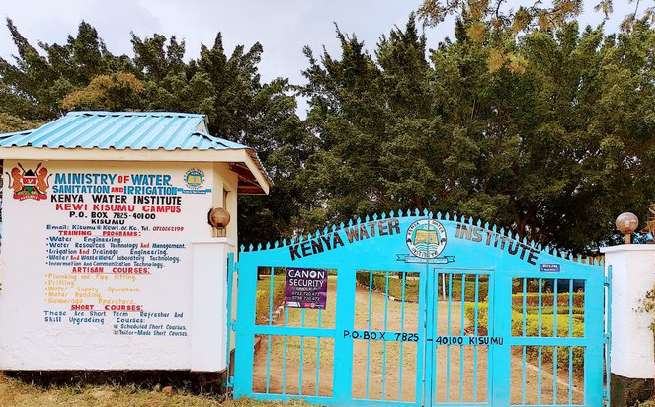A storm of controversy has emerged at the Kenya Water Institute (KEWI) Kisumu Campus, particularly surrounding its Principal, Dr. Emily Chepkoech.
Allegations have surfaced accusing her of fostering an environment of rampant nepotism, toxic management practices, and incompetence, which are said to be severely undermining the integrity of the institution.
The accusations primarily come from a whistleblower who claims that Dr. Chepkoech works closely with her trusted confidant, Kipkorir Keterr, to manipulate the institution’s procurement processes.
The whistleblower alleges that Keterr, who is responsible for verification and purchases, falsifies receipts in these processes.
It is further claimed that non-Kalenjin staff are systematically excluded from key decision-making processes, fueling a toxic work environment.
The whistleblower also claims that a procurement assistant was recently ousted for refusing to cooperate with these corrupt practices, which has deepened dissatisfaction within the staff.
These allegations cast a shadow over the leadership of Dr. Chepkoech, who has been serving as Principal of the Kisumu Campus since its establishment in 2012.
The Kisumu Campus is an important part of KEWI, situated in a strategic location near Lake Victoria, serving as a training and research center for water resource management.
Given the severity of the allegations, it is important for KEWI’s management and relevant authorities to address these claims and conduct thorough investigations to restore trust in the institution’s leadership.
Without proper action, the alleged misconduct could tarnish the reputation of the campus and negatively impact its staff and students.
This situation raises concerns about governance and transparency, issues that are central to any public institution.
A clear and transparent response will be crucial in addressing the growing discontent and preserving KEWI’s role in training and research for the water sector.





















Add Comment